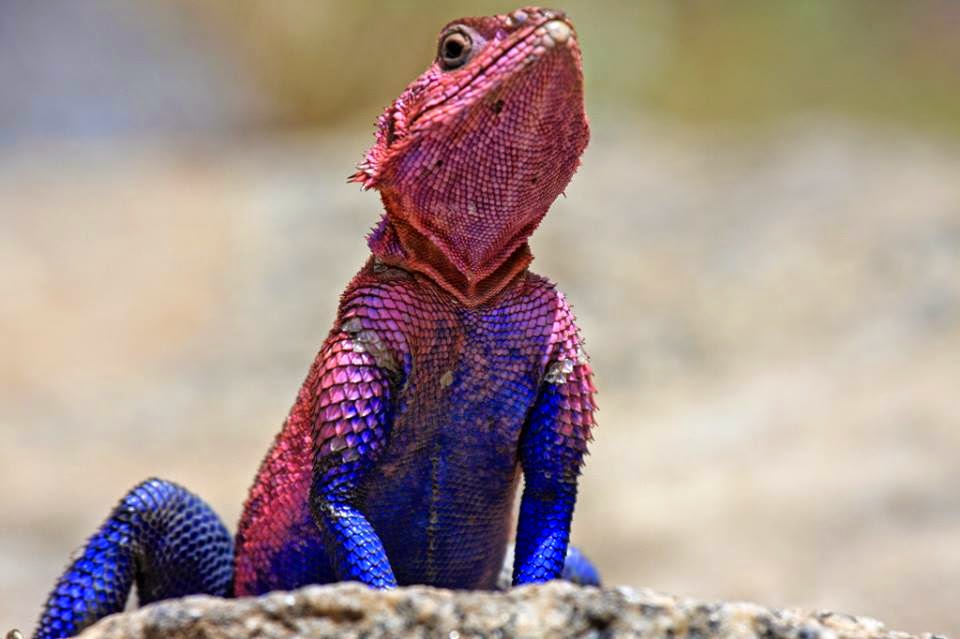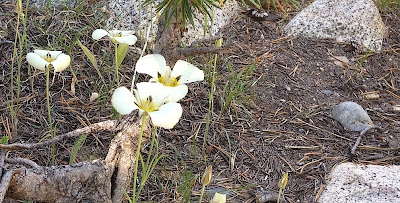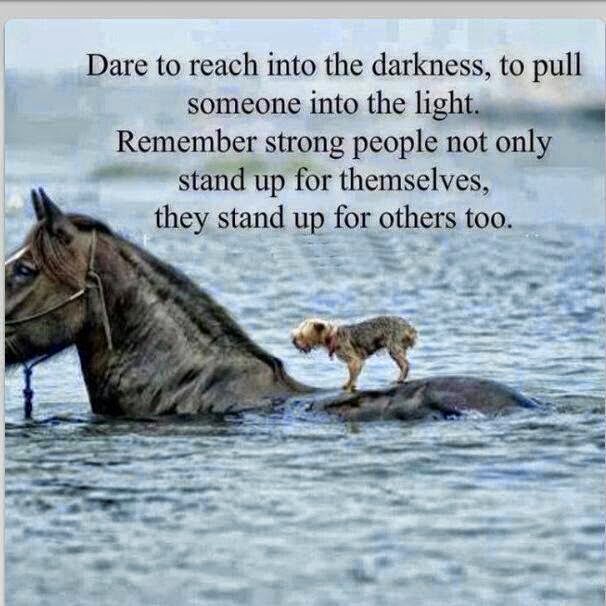The purpose of life is to live it, to taste experience to the utmost, to reach out eagerly and without fear for newer and richer experience."
—Eleanor Roosevelt
What does it take for self-mastery? Life provides opportunities for self-discoveries through errors made. Insights move into moments of enlightenment. Miles Davis says, "Do not fear mistakes. There aren't any. Only lessons."
If we pay attention to our choices, we can make different mistakes and learn new skills. Life can be compared to a pencil with a point and an eraser. We're meant to use the eraser but not to let it erase so far down we forget to use the point.
It takes a lifetime to learn about ourselves as we commit experience. We use and discard mental patterns and habits. Often we intercept choices before they turn into misfortunes. We learn to solve problems.
To evolve with self-mastery, we need to let go of what does not serve us and write about it.












































